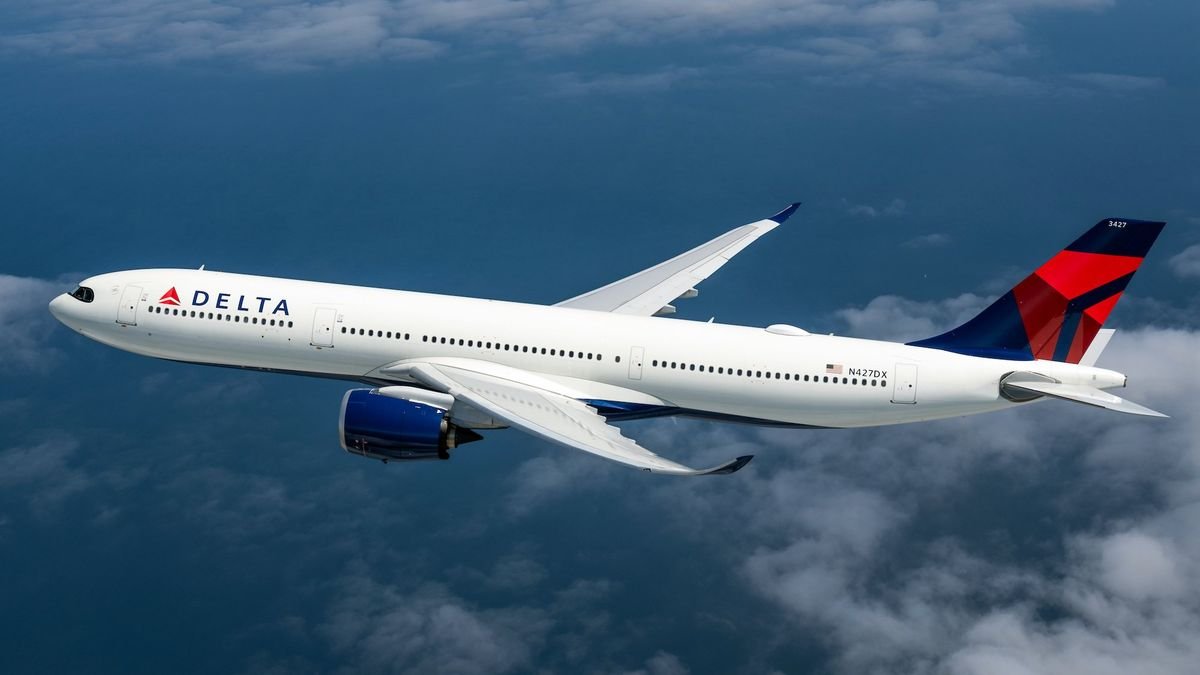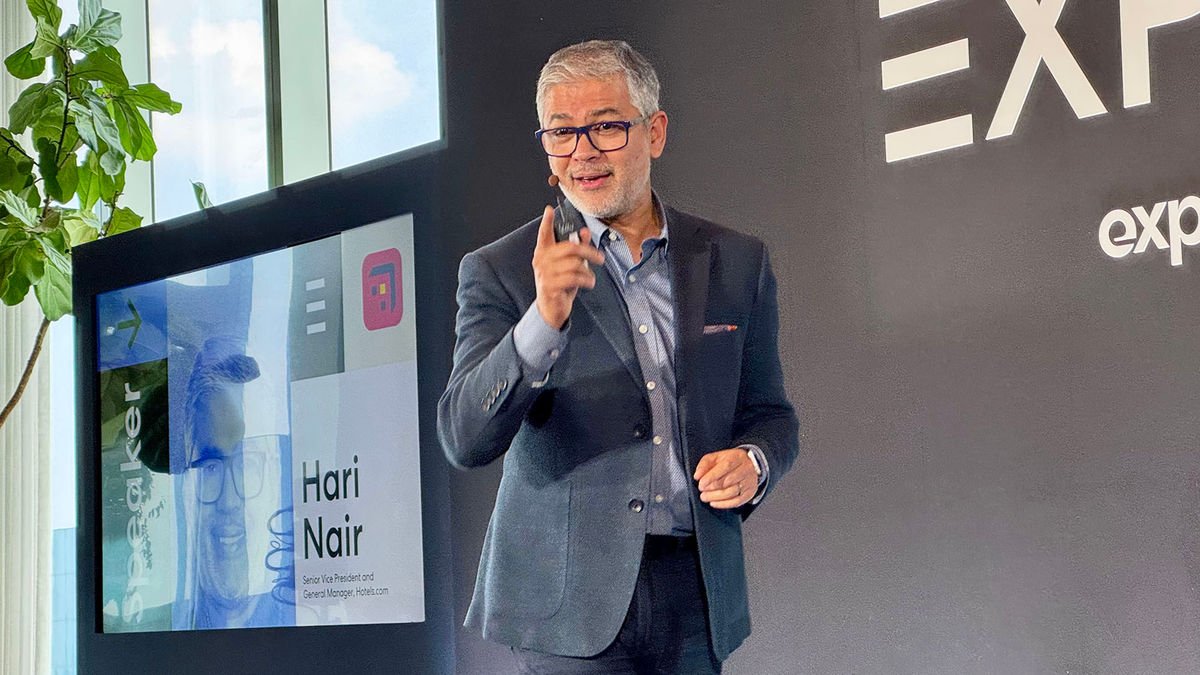Delta is pushing back against allegations that it is using AI to price discriminate.
The airline’s chief external affairs officer, Peter Carter, penned a letter on July 31 responding to a series of detailed questions put forward by Senate Democrats Mark Warner of Virgina, Richard Blumenthal of Connecticut and Ruben Gallego of Arizona.
“There is no fare product Delta has ever used, is testing or plans to use that targets customers with individualized prices based on personal data,” Carter wrote.
The controversy stems from Delta’s partnership with Fetcherr, a company that deploys AI to generate real-time dynamic pricing. In a July earnings call, Delta president Glen Hauenstein said that Fetcherr-assisted fares made up 3% of its domestic network and that the airline’s goal is to raise that to 20% by the end of the year.
At Delta’s Investor Day last November, Hauenstein spoke at greater length about Fetcherr, calling it “a full re-engineering of how we price and how we’ll be pricing in the future.”
He explained that airlines traditionally set price points, then use revenue management to control access to the inventory of those price points. But over time, those functions will be melded together into a single process of offer management.
The airline, he added, “will have a price that’s available on that flight, on that time to you, the individual.” Early testing, Hauenstein said at that time, had shown “amazingly favorable” revenue versus traditional pricing.
Now Delta’s plan to rapidly accelerate its usage of AI-assisted pricing, coupled with Hauenstein’s reference to individualized pricing, has generated a backlash.
On the American Airlines earnings call on July 24, CEO Robert Isom said American will deploy AI only for matters that help travelers, such as operations, product display and employee efficiency.
“This is not about bait-and-switch,” Isom said. “This is not about tricking, and others that talk about using AI in that way, I don’t think it’s appropriate. And certainly, from American, it’s not something we will do.”
Meanwhile, in their July 21 letter, Warner, Blumenthal and Gallego asked Delta to explain which data it is using to set prices.
“Delta’s current and planned individualized pricing practices not only present data privacy concerns, but will likely also mean fare increases up to each individual consumer’s personal pain point at a time when American families are already struggling with rising costs,” the letter reads.
In his response, Carter said Delta has no tolerance for discriminatory pricing. Delta’s AI pricing engine uses aggregated data, he said, including purchasing and demand data for specific routes and flights. The tool can also help Delta’s data analysts adapt to new market conditions and can factor in thousands of variables simultaneously.
The pricing tool, Carter added, recommends pricing adjustments both upward and downward, “benefitting both our customers and our business.”
Gallego, though, isn’t satisfied. In a statement issued Aug. 1, the Arizona senator said that Delta is telling investors one thing and the public another. He called for further clarification on whether Hauenstein misspoke during the airline’s Investor Day.


























You must be logged in to post a comment Login